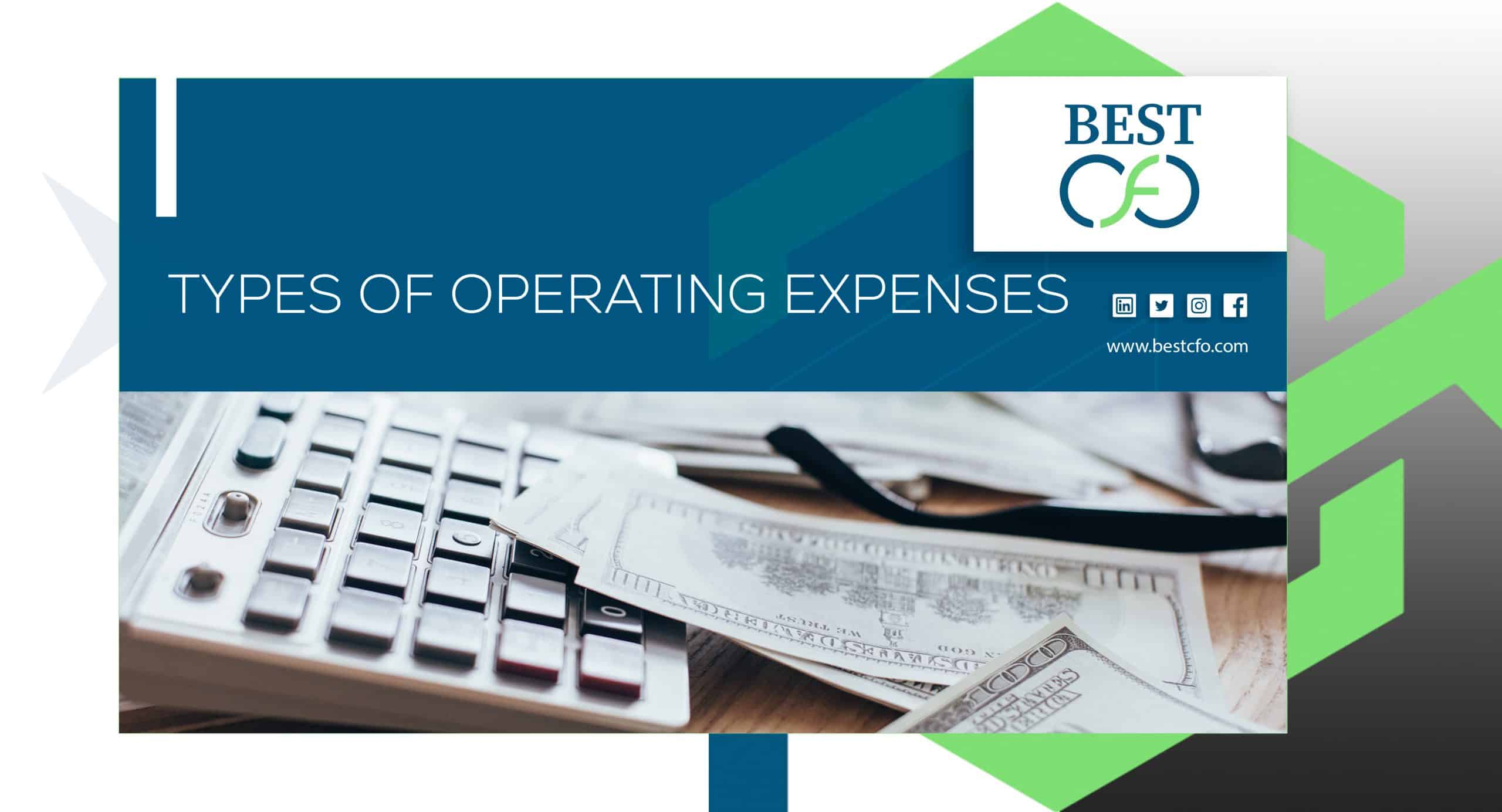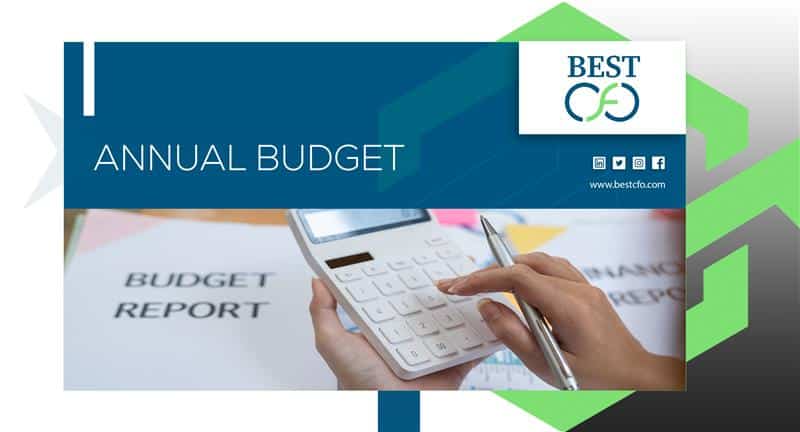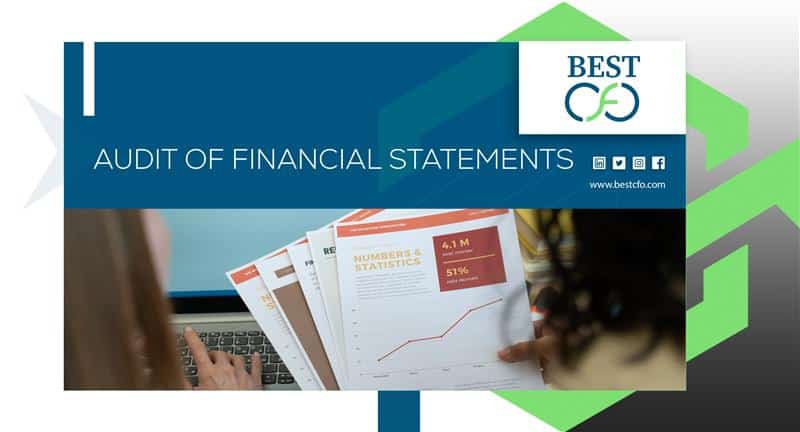
| Getting your Trinity Audio player ready... |
What Are The Most Common Reasons Firms Fail Financially?
Running a business is exciting, but it can also be risky. You may be surprised to know that about 66% of businesses make it past their first two years, but only 40% survive beyond six years. These numbers show just how tough the business world can be.
One of the biggest reasons behind this high failure rate? Poor financial health. Even great ideas and strong teams can fall apart without good money management. While outside factors like the economy or political changes can hurt a business, most failures happen because of internal financial mistakes.
Let’s walk through the most common reasons firms fail financially and what you can do to avoid them.
Poor Cash Flow Management
Think of cash flow as the blood running through your business. It keeps everything moving. You can have a profitable business on paper and still run out of money.
Common Cash Flow Problems
- Bad forecasting: Not knowing how much cash will come in or go out each month.
- Slow payments: Waiting too long for customers to pay you.
- Too much inventory: Stock sitting on shelves means your money is stuck.
- Too much debt: High monthly bills from loans or rent can eat up your cash fast.
How to Fix It
- Use tools that track cash daily or weekly.
- Set clear payment terms and follow up with customers.
- Keep an emergency fund with 3–6 months of expenses.
Cash issues are one of the top signs and symptoms of a failing business, but they are also one of the easiest to fix with discipline and good tools.
Overly Optimistic Forecasting & Lack of Financial Planning
Planning for success is good—but planning with unrealistic numbers can do more harm than good. Some businesses count on one big sale or customer to “save” them, and when that doesn’t happen, they fall apart.
Warning Signs
- Big gaps between what you expected to earn and what you actually did.
- Growing expenses with no matching growth in income.
Better Planning Tips
- Build your budget using past data, not guesses.
- Plan for different outcomes: What if sales drop? What if costs go up?
- Hold monthly financial check-ins.
Accurate forecasting is a key part of smart financial management. It helps businesses prepare instead of panic.
Undercapitalization & Excessive Debt
Running a business without enough money is like trying to drive with no fuel. You need capital to cover daily costs, pay workers, buy goods, and grow.
Common Causes
- Relying on high-interest credit cards or short-term loans.
- Owners taking out too much money too soon.
Solutions
- Look for different funding options: investors, grants, bank loans.
- Don’t take more from the business than it can afford.
- Consider working with a chief financial officer or outside advisor.
Avoiding undercapitalization is not just about having money—it’s about smart financial decision-making.
Misunderstanding Profitability & Gross Margins
Selling more doesn’t always mean making more. Some companies boost sales but see little or no profit because they don’t understand their gross margin.
Problems
- Not knowing the cost of goods sold.
- Misclassifying costs, which gives a false sense of profit.
Fixes
- Get help from a cost accountant to properly track expenses.
- Stop selling products or services that lose money.
Your income statement may look fine at first glance, but digging deeper into business economics often reveals a different story.

Inadequate Financial Controls & Poor Record-Keeping
Without strong financial accounting, it’s easy to miss errors or let bad habits grow. Weak records make it hard to see where your money is going.
Solutions
- Use modern accounting software.
- Do regular internal checks or audits.
- Limit access to bank accounts and credit cards.
These steps improve transparency, reduce financial risk, and make your business more resilient.
Failure to Adapt to Market Changes
The world changes fast. Your customers, competitors, and the whole economy can shift in a short time. If your business doesn’t adjust, it can fall behind.
Real-World Example
- Think about the 2025 stock market crash caused by global trade wars.
- Companies that relied on outdated methods or a single product line struggled.
Solutions
- Watch the news, trends, and market research.
- Offer new services or adjust your product mix.
Staying flexible is key to long-term success in a changing market.
Strategic Missteps & Operational Inefficiencies
Sometimes, businesses make the wrong big moves. This could be opening too many locations, picking the wrong pricing strategy, or building something no one wants.
How to Avoid It
- Use lean management to cut waste.
- Do proper market research before making big changes.
Big decisions should be backed by data, not just gut feelings. Smart business management means understanding both your customers and your costs.
Conclusion: Reasons Firms Fail Financially & How You Can Avoid It
Many of the top reasons firms fail financially come down to things within your control: bad planning, poor record-keeping, or overconfidence. But the good news? With the right systems, tools, and help, you can spot problems early and fix them.
If you want help improving your company’s financial health, consider working with the Best CFO services to guide your next steps.
FAQs
1: What is the biggest financial mistake businesses make?
The most common mistake is poor cash flow management. Even profitable businesses can fail if they run out of money to pay bills.
2: How can I tell if my business is undercapitalized?
If you’re using credit cards for basic expenses or can’t afford to grow, that’s a sign of undercapitalization.
3: What is gross margin, and why does it matter?
Gross margin shows how much money you make after paying for the cost of goods sold. It helps you see if your pricing and spending are on track.
4: How often should I review my finances?
Monthly reviews help you catch problems early. Include income statements, balance sheets, and cash flow reports in your review.
5: Can a small business afford a CFO?
Yes! Many use part-time or virtual chief financial officers to get expert help without the full-time cost.
Related Posts
Master Your Budget: The Types Of Operating Expenses to Watch
How to Improve Your Bad Debt to Equity Ratio: A Complete Guide If you’ve ever…
What Is a Good Debt To Equity Ratio: How To Calculate It?
How to Improve Your Bad Debt to Equity Ratio: A Complete Guide If you’ve ever…
How To Prepare Annual Budget For A Company: An Ultimate Guide
How To Prepare Annual Budget For A Company: An Ultimate Guide When it comes to…
Audit of Financial Statements: Guide for Business Owners
Audit of Financial Statements: Guide for Business Owners Running a business means keeping track of…
 Demos
Demos  Colors
Colors  Docs
Docs  Support
Support 














